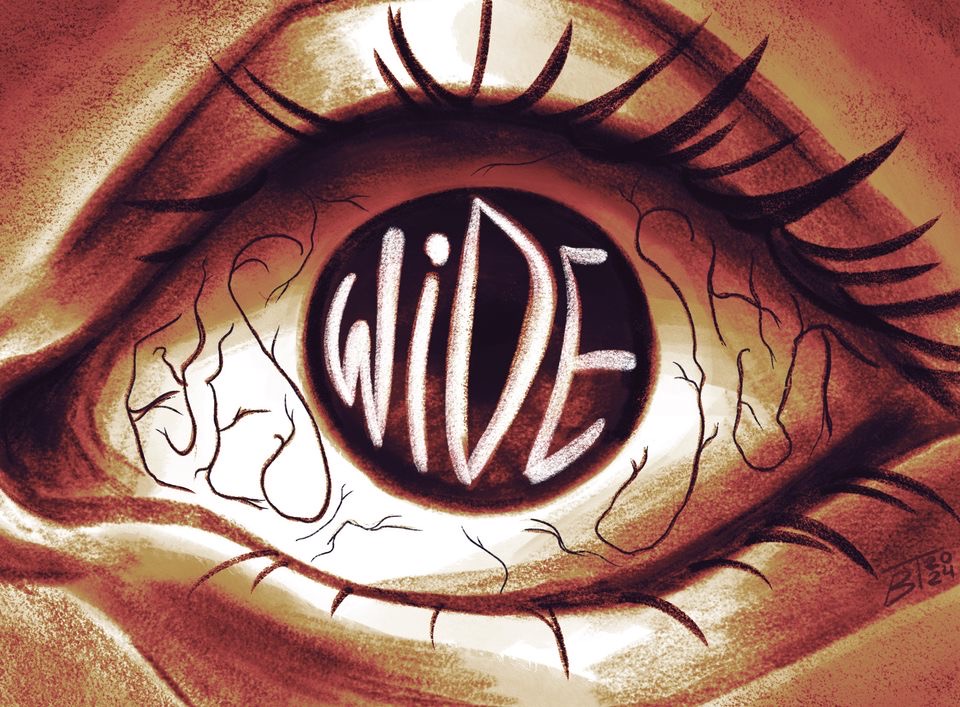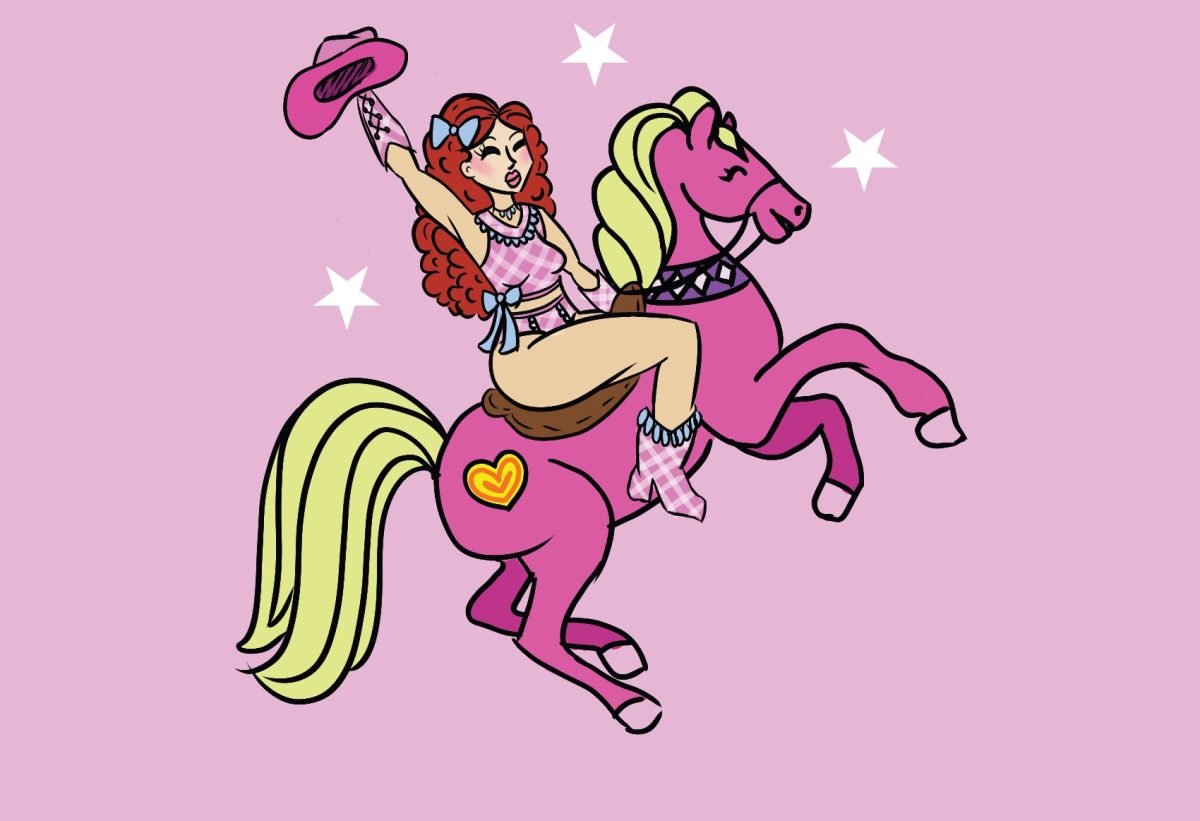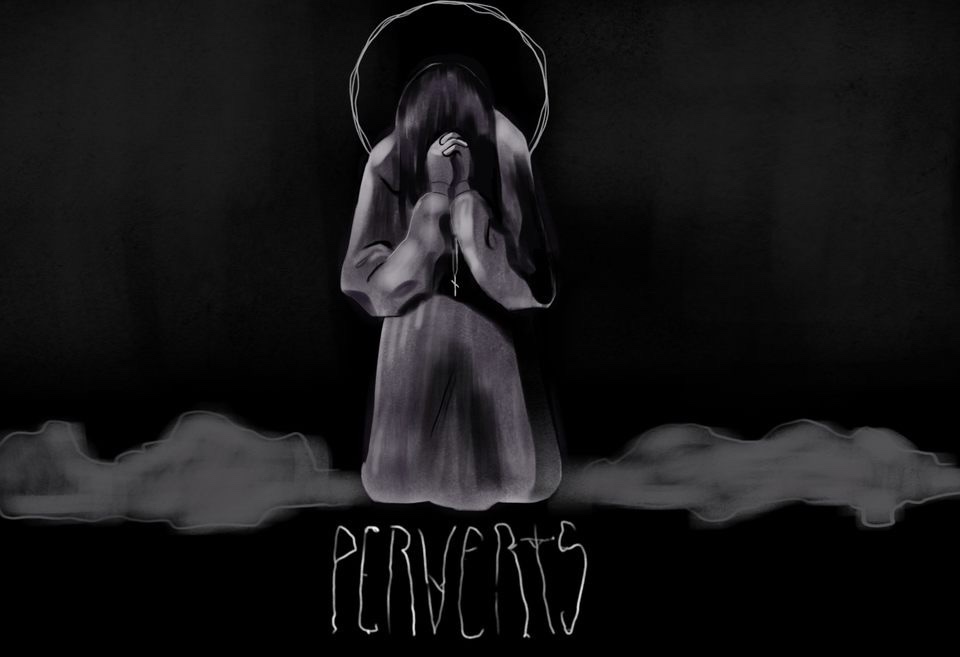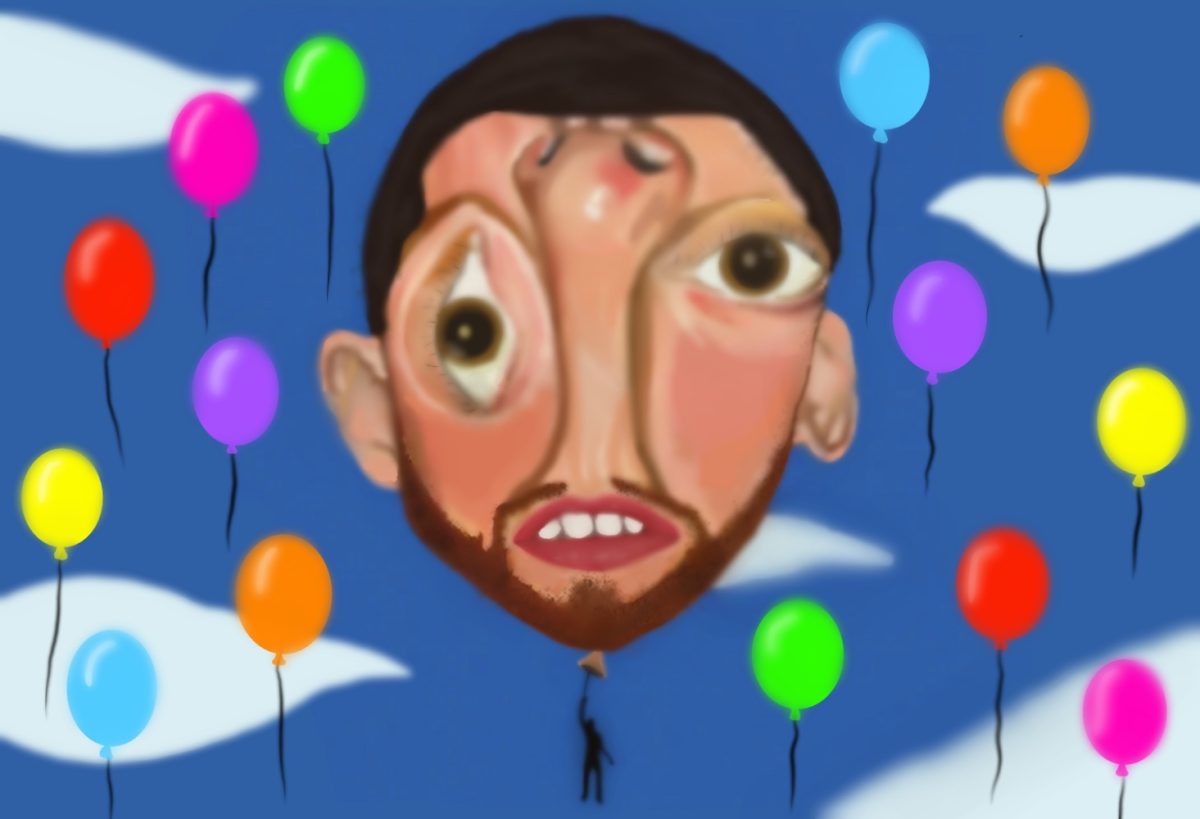When one Googles “best movies about sex,” Stanley Kubrick’s 1999 film “Eyes Wide Shut” is almost always the top recommendation. I decided to re-enter my pretentious movie critic phase with this film about desire, monogamy and sex cults.
As a warning to potential viewers, this movie does contain graphic sexual content. I made sure to give my roommate a heads-up, in case she happened to take a glance.
“If you see anything on my screen, it’s not what you think it is,” I warned her.
The film centers around Dr. Bill Harford, played by Tom Cruise, and his wife Alice Harford, played by Nicole Kidman.
After learning of his wife’s previous desire to have an extramarital affair, Bill Harford becomes obsessed with experiencing a sexual affair for himself.
After wandering the midnight streets like a middle-aged Holden Caulfield, Bill finds himself in a masquerade mask and cloak at the meeting of a secret sex cult, accompanied by many of society’s elites—turns out Tom Cruise didn’t have to act at all.
While sex is a central theme in the film, the message is one of power, rather than liberation. Similarly, “Eyes Wide Shut” is intended to analyze the depravity of human sexual desire.
The role of societal elites in the perpetuation of this sexual depravity is prominently featured. The allowance of these sexually abusive exploits comes from the immunity granted to the elite by the power of the institution to protect its own.
The upper class keeps their “eyes wide shut” to the immorality around them. Continued complacency allows those in power to reap the benefits of corruption, and retain their control.
A sexual power dynamic also plays a role in the Harfords’ marriage, following Alice’s confession of lust after which Bill sets out on his own to fulfill his desire for an extramarital encounter.
I sympathize with Bill’s struggle as I, too, would be utterly distraught if Nicole Kidman left me, both onscreen and off.
However, it seems as if his desire isn’t sexual, as Bill previously declined sexual offers from women. Instead, he seems to be upset that his wife has thoughts that are only socially associated with men, such as infidelity and meaningless hookups.
The movie has flaws in its representation of female sexuality and lust. Even after Alice reveals that she thought about giving up everything for another man, including her daughter, her confession is replaced by a focus on Bill’s revenge.
It is an unfortunate direction to take, as this could’ve been an interesting way to dissect female sexual depravity and its contradiction to the ideals of motherhood.
Meanwhile, Bill’s desire for sex is tied to the deflation of his ego as well, feeling as if he cannot satisfy his wife, especially after she reveals the contents of a dream she had about sexually humiliating him.
After recovering from said nightmare, Alice makes a concerning statement to Bill as he tries to comfort her.
“No dream is ever just a dream,” she said.
Thus, “Eyes Wide Shut” has a dual meaning: one of complacency, and one of enlightenment. Alice implies that when our eyes are shut, like in dreams, we are immune to judgment and made aware of the truths behind our waking thoughts.
After this climactic scene, the movie’s resolution felt rushed. One of the final scenes involves a fellow party-goer explaining the alleged truth to Bill, which ties up all loose ends, leaving little to the viewer’s interpretation.
“Eyes Wide Shut” offers a critical view of how sex is intertwined in power structures, both on an institutional and domestic level. Despite this, the film seems to promote the practice of monogamy, using stability and family as a tradeoff for sex and debauchery.
Kubrick’s final film examines the corrupting power of sex and the depths of human perversion. He asks viewers to contemplate opening their eyes to reality, but are we ready for what might be found?















